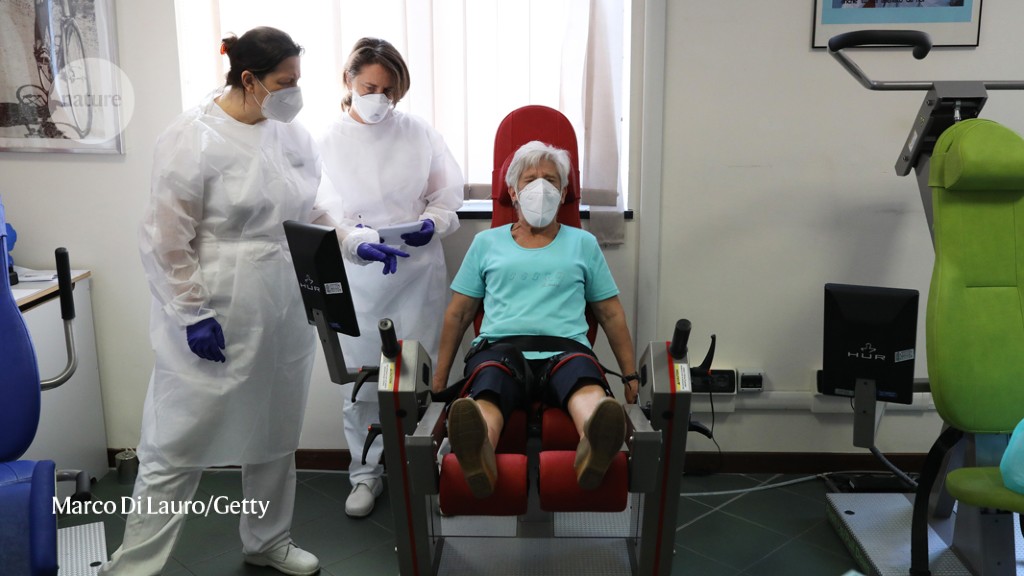You are here
Enormous databases do not necessarily allow scientists to solve long COVID mysteries
Primary tabs
 How common is long COVID? Why studies give different answers Nature - Enormous databases do not necessarily allow scientists to solve long COVID mysteries, such as how well vaccination protects against the condition. nature
How common is long COVID? Why studies give different answers Nature - Enormous databases do not necessarily allow scientists to solve long COVID mysteries, such as how well vaccination protects against the condition. nature Clinical epidemiologist Ziyad Al-Aly has access to a treasure trove that many researchers can only dream of: millions of sets of electronic medical records from the US Department of Veterans Affairs (VA), which provides health care for the country’s military veterans.
With this data in hand, Al-Aly, who is based at the VA St. Louis Healthcare System in Missouri, and his colleagues have delved into the long-term effects of COVID-19, from cardiovascular illness1 to diabetes2. They have also undertaken the challenge of studying long COVID — a condition in which people experience symptoms months after an acute SARS-CoV-2 infection seems to have resolved — and recently published findings3 that surprised some researchers. The team found that previous vaccination only reduces the risk of developing long COVID after infection by about 15%, which is substantially less than some other estimates4, which suggested that vaccines halved the risk.
It is the kind of whiplash result that people following long-COVID research have become accustomed to seeing, as data from various studies report discordant results. Differences in how the syndrome is defined, the kinds of data used to study it and how those data are analysed have left both the public and policymakers grappling with disparate answers to basic questions. How frequent is long COVID? And how does vaccination or reinfection or the latest SARS-CoV-2 variant affect the risk of developing the condition?
The answers to those questions can be used to develop COVID-19 policies, but the steady drip–drip of seesawing studies can also cause confusion. says Al-Aly. Having so much uncertainty doesn’t engender a lot of trust, Al-Aly adds: “The public does not react very well to saying ‘between 15% and 50%’.”
Part of the problem is the definition of long COVID, which has been linked to more than 200 symptoms, the severity of which can vary from inconvenient to debilitating. The syndrome can last for months or years, and has a distressing tendency to reappear, sometimes months after an apparent recovery. ...



Recent Comments